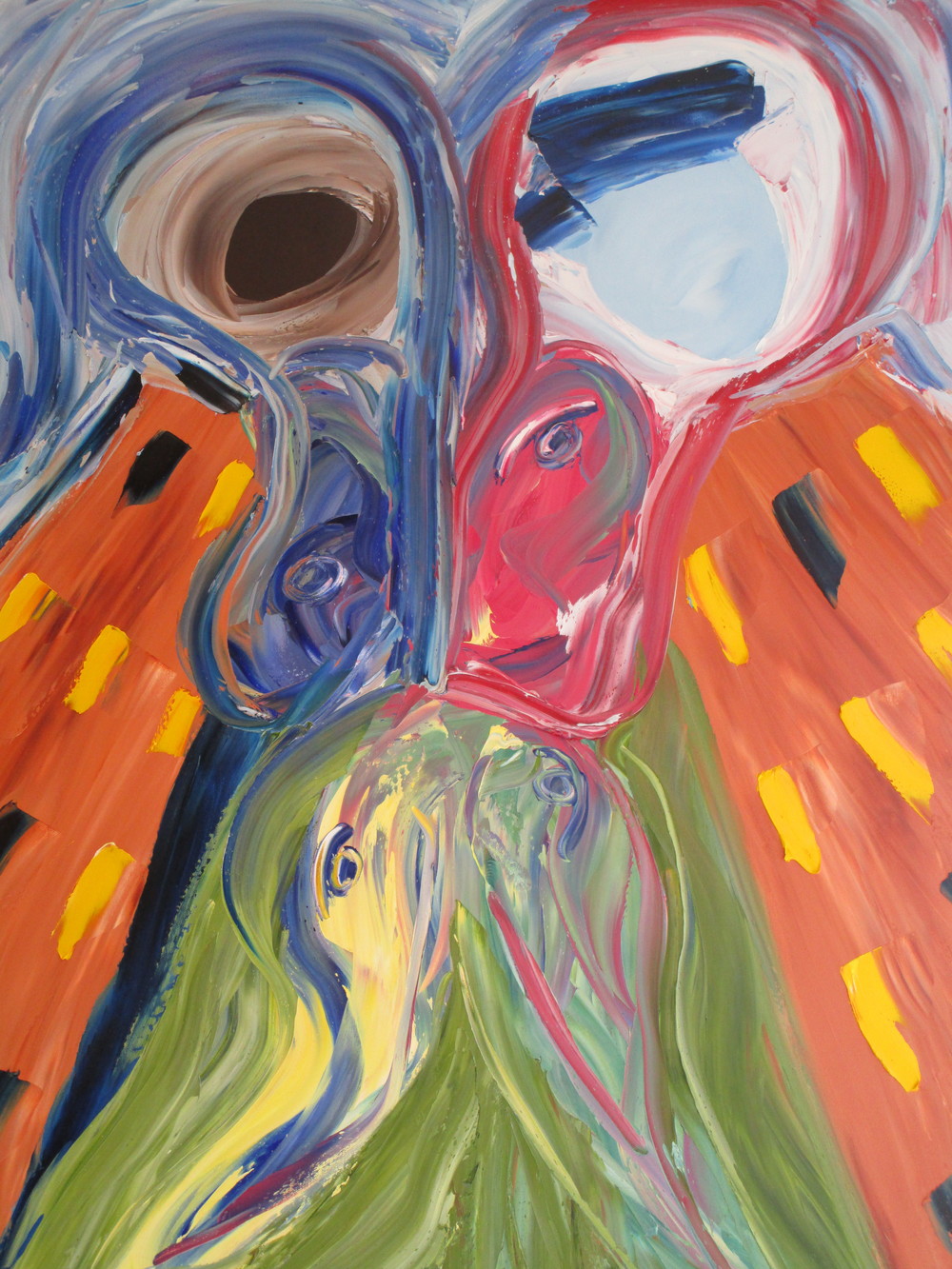
A few months back, I heard a sound that changed my life. It made me feel so safe and valued that I cried, and then began to remember my dearest dreams—asleep and waking—in a way I hadn’t for years. It was the sound of singing policemen.
At the Major City Chiefs/Major City Sheriffs Conference, the Washington D.C. Metropolitan Police Department Honor Guard carried three flags—U.S., Canadian, and UK—on stage before the largest gathering of law enforcement leadership in the nation. They sang all three national anthems. The crowd of national law enforcement leadership stood, hands over hearts. And the love—the “abstract splendor” of a patriotism it’s fashionable to reject and important to question—was palpable, present, and not at all abstract.
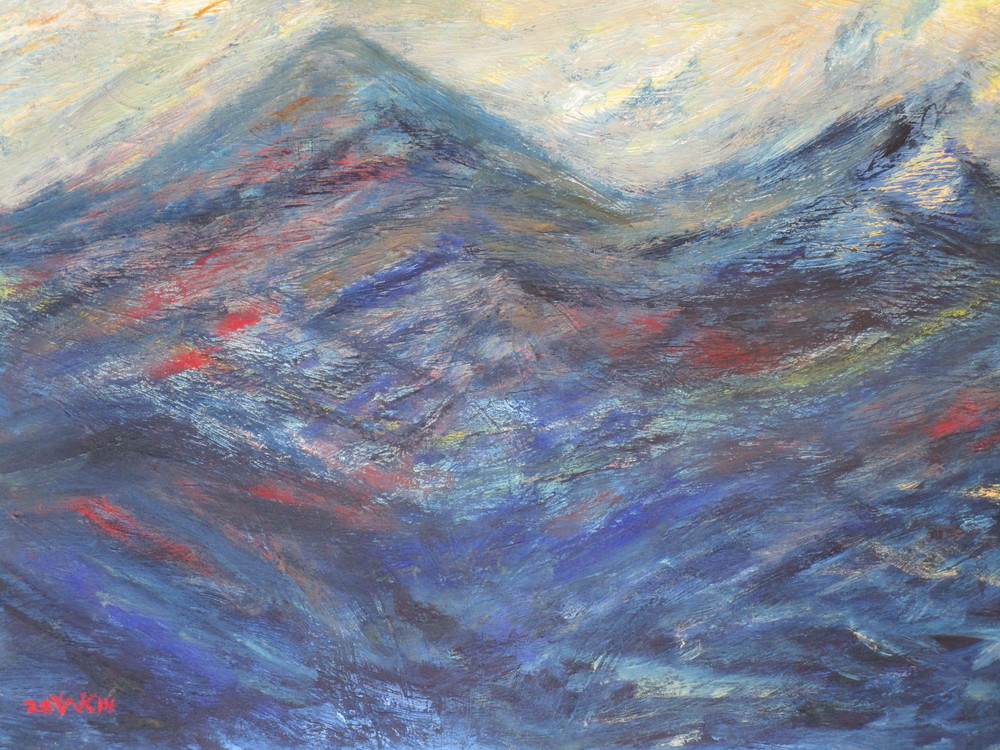
Experiencing that room full of song and honor made me realize law enforcement is like a religious community. It’s tightknit, sometimes wary of outsiders, has its own unique characteristics in the aggregate, and holds its values sacred.
Police hold honor sacred. In the U.S., that honor is about protecting life, liberty, and property, and upholding the laws that stem from that first principle. That mission helps society as a whole feel safe to flourish.
Celebrating that mission is about celebrating our shared core values. Focusing our limited cognitive resources on that positive plane of attention actually helps make people safer. Procedural justice research shows that when communities believe police act fairly, they’re more likely to share information, cooperate, and otherwise behave in law-abiding ways that increase safety for the community as a whole.
Conversely, stereotyping police as prejudiced and violent is harmful for society in three ways. First, like any judgmental stereotyping of a particular subgroup, it runs counter to our shared value of tolerance. It’s ironic for the people who protect that value with their lives to be subjected to the same form of group judgment-based bigotry that this country was founded to protect persecuted minorities from.
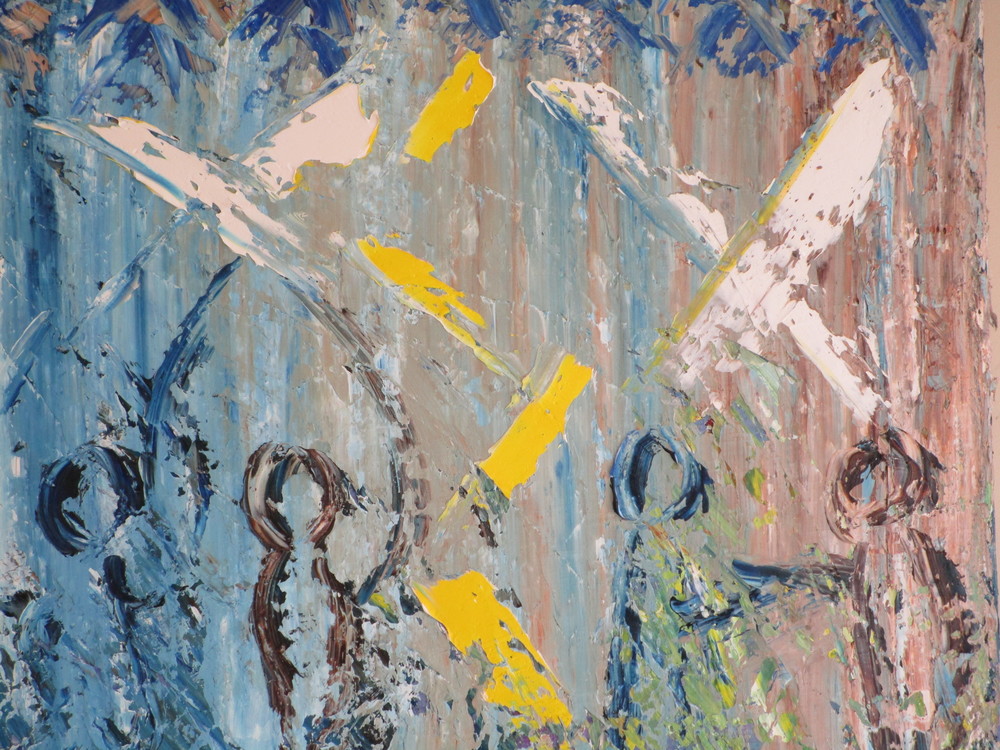
Second, mistrust of police weakens security according to procedural justice research. People who don’t believe the police are legitimate are less likely to talk to them and obey the law. Just as trust strengthens rule of law—people who think working together will do good, are more likely to do it—so too does mistrust weaken it.
Third, research shows that—across educational, professional, and personal realms—a “learn and help learn” (growth) not “judge and be judged” (fixed) mindset correlates with success. So an inclusive, positive attitude that acknowledges citizens have much to learn from law enforcement as a community and vice-versa is much more likely to help improve outcomes everyone cares about than the adversarial alternatives.
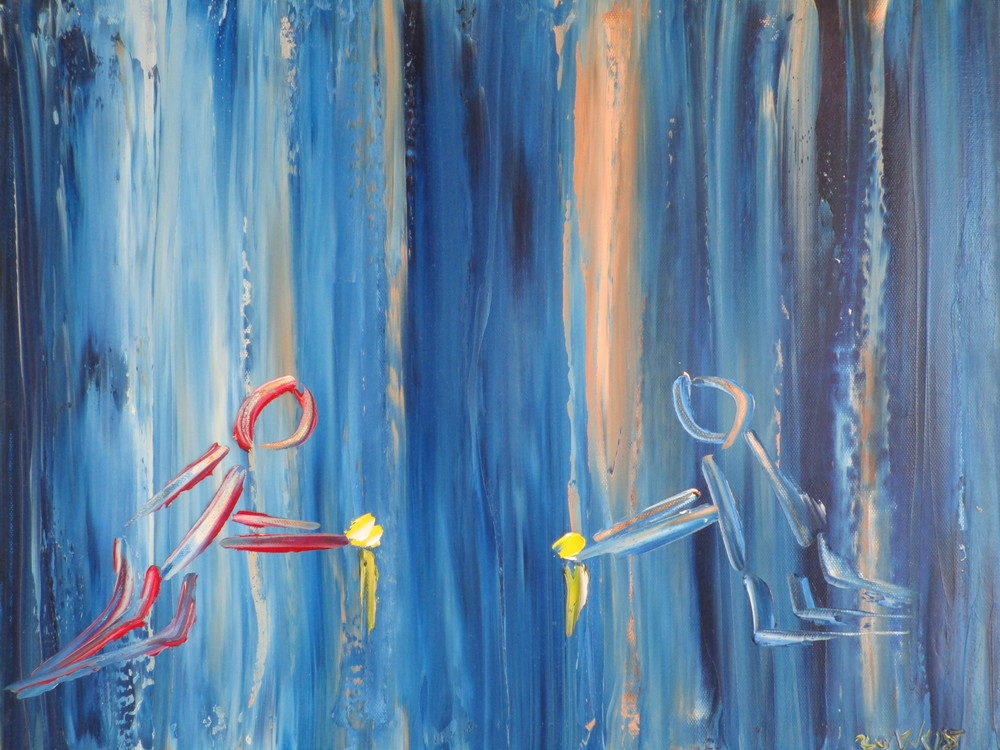
And we have a lot to learn form police. They’re the only ones who know the realities of police work. We might think we know from the media, citizen accounts, or civil rights organizations what American policing is about. And those sources are important.
But there are also a lot of biases built into the way we get our information about police from any sources other than police themselves. For instance, police are often required to keep their successes private and let their failures be public. Think of privacy protections in cases that can result in serious bodily injury or death—from domestic violence to mental health crisis. The subset of these cases where police succeed in helping vulnerable people through times of danger are generally not advertised. But the times they fail—and people die—are more likely to be public. Thus privacy protections and other considerations create reporting biases that hurt public perceptions of police—and that in turn hurts the community trust that helps police and people work together to make the world feel safe to flourish.
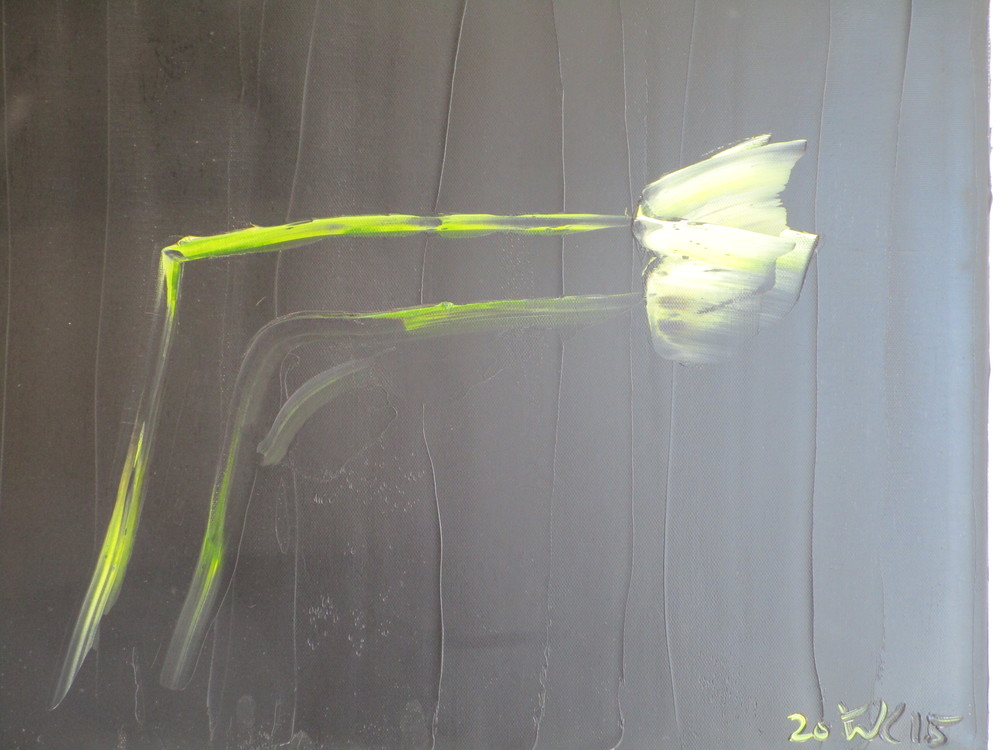
Ironically, feeling the goodness of the men and women I sang with at that policing conference was part of what led me to quit the job I had researching the singing policemen. Naturally inclined to mistrust authority and work to remedy its abuses, until a few months ago I was the postdoctoral researcher on the first national database of police behavior.
But the police I meant to help—systematizing national data collection to establish what the national numbers are and which agency policies and practices can decrease racial disparities and use of force—instead helped me. They helped me feel safe to be myself. Critic, yes. Activist, frequently. But first a singer of songs, a writer of poems and dreamer of plays, and an artist who gives thanks.
I’m thankful for the rule of law American police overwhelmingly work to uphold every day, at no small personal risk and without the kinds of endemic bribery and corruption that are commonplace in many other countries. I’m thankful for my freedom of movement that is essentially unprecedented in the history of human society, although I don’t always do a good job making use of it. And I’m thankful for the freedom of expression police protect that lets me make all kinds of creative noise without fearing anything worse than my own stupidity.
Because to paraphrase FDR, there’s nothing more stupid than refraining from making and learning from stupid mistakes.